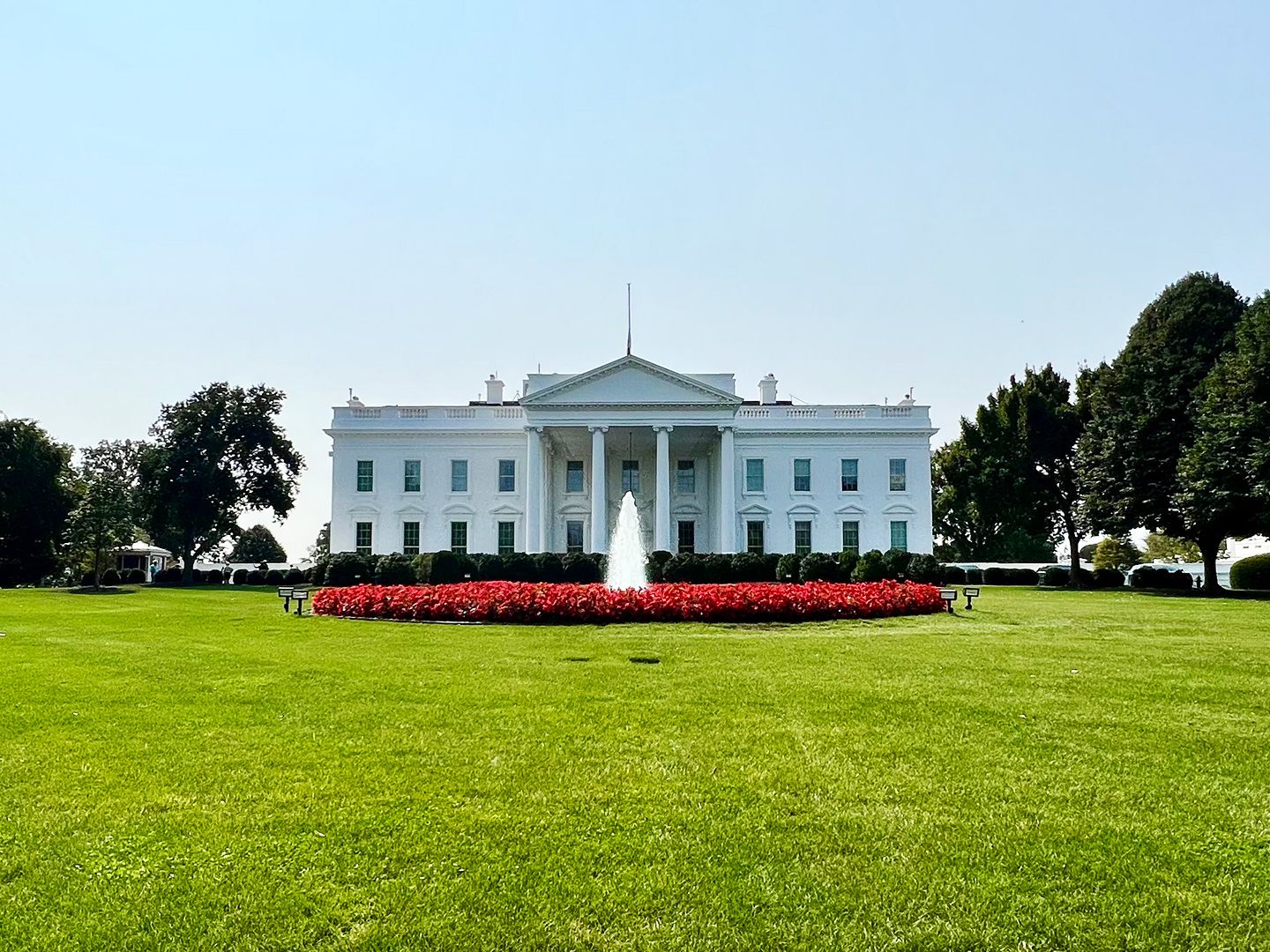ARTICLE AD
Despite concerns from opponents, Bukele’s popularity is largely attributed to his security strategy, which led to a reduction in gang-related violence.
In a stunning turn of events, Nayib Bukele, El Salvador’s pro-Bitcoin President, declared victory in the 2024 presidential election even before the electoral body announced the official results.
“According to our numbers, we have won the Presidential election with more than 85% of the votes and a minimum of 58 of 60 deputies in the Assembly,” Bukele said in a post on X. If the official results confirm his win, Bukele will serve as president until 2029, solidifying his role as one of the most influential leaders in El Salvador’s modern history.
Nayib Bukele Victory and Future Plans
Following Bukele’s victory, thousands of supporters dressed in cyan blue gathered in San Salvador’s central square to celebrate his re-election. Bukele, standing with his wife on the balcony of the National Palace, referred to the outcome as a “referendum” on his government’s performance.
The electoral success of Bukele’s New Ideas party grants him unprecedented power, enabling potential constitutional changes that could impact term limits. Despite concerns from opponents, Bukele’s popularity is largely attributed to his security strategy, which led to a reduction in gang-related violence. However, critics argue that the mass incarceration of 1% of the population may not be a sustainable long-term solution.
In a press conference held before the official announcement of results, Bukele highlighted the need for continued support to maintain the anti-gang fight and further reshape El Salvador. He expressed optimism about overcoming challenges, likening the eradication of gangs to overcoming cancer.
Bukele’s Bitcoin Advocacy and Achievements
Bukele, who has been in office since 2019, gained widespread acclaim for his bold initiatives during his first term. In 2021, El Salvador made history by becoming the first nation to adopt Bitcoin as legal tender. Bukele also spearheaded the introduction of the Chivo crypto wallet to promote Bitcoin adoption among the citizens and initiated the purchase of Bitcoin as a national investment strategy.
However, these moves were subject to controversy. The International Monetary Fund (IMF) expressed concerns, and some international organizations criticized El Salvador’s decision to embrace Bitcoin. Despite the backlash, Bukele remained steadfast in his commitment to the cryptocurrency.
As reported earlier by Coinspeaker, El Salvador’s Vice President, Felix Ulloa, affirmed the government’s unwavering commitment to Bitcoin, even in the wake of the recent presidential election. Ulloa emphasized that the country’s stance on Bitcoin remains unchanged and pointed to the approval of Bitcoin spot exchange-traded Funds (ETFs) in the United States as a positive signal.
Plans such as building Bitcoin City reinforce El Salvador’s dedication to cryptocurrency. The recent introduction of the “Freedom Visa”, offering residency or citizenship in exchange for a $1 million investment in Bitcoin or USDT, further highlights the nation’s innovative approach to immigration and economic development. The El Salvador story is one many other nations are already learning from today.

 11 months ago
48
11 months ago
48 

